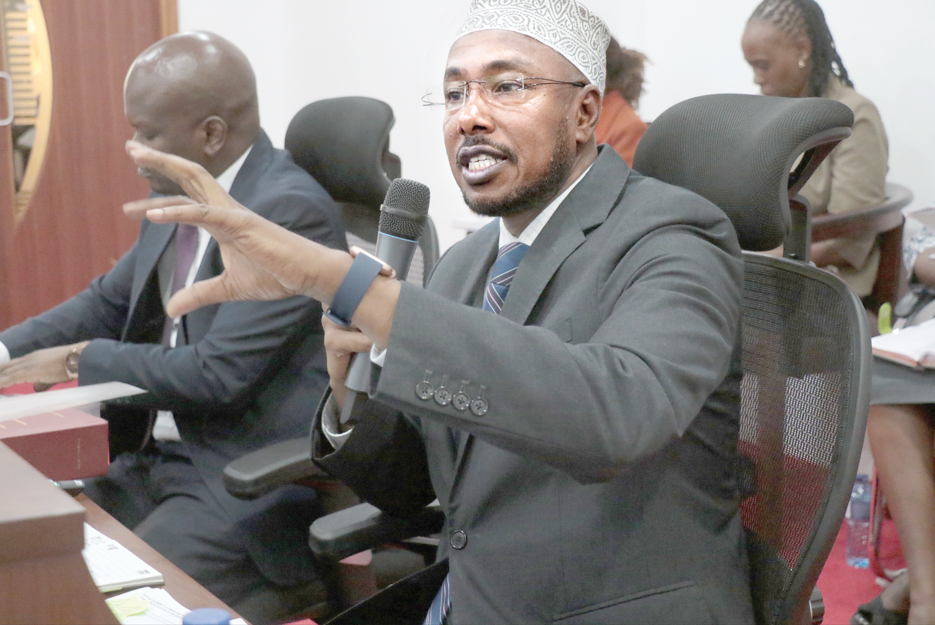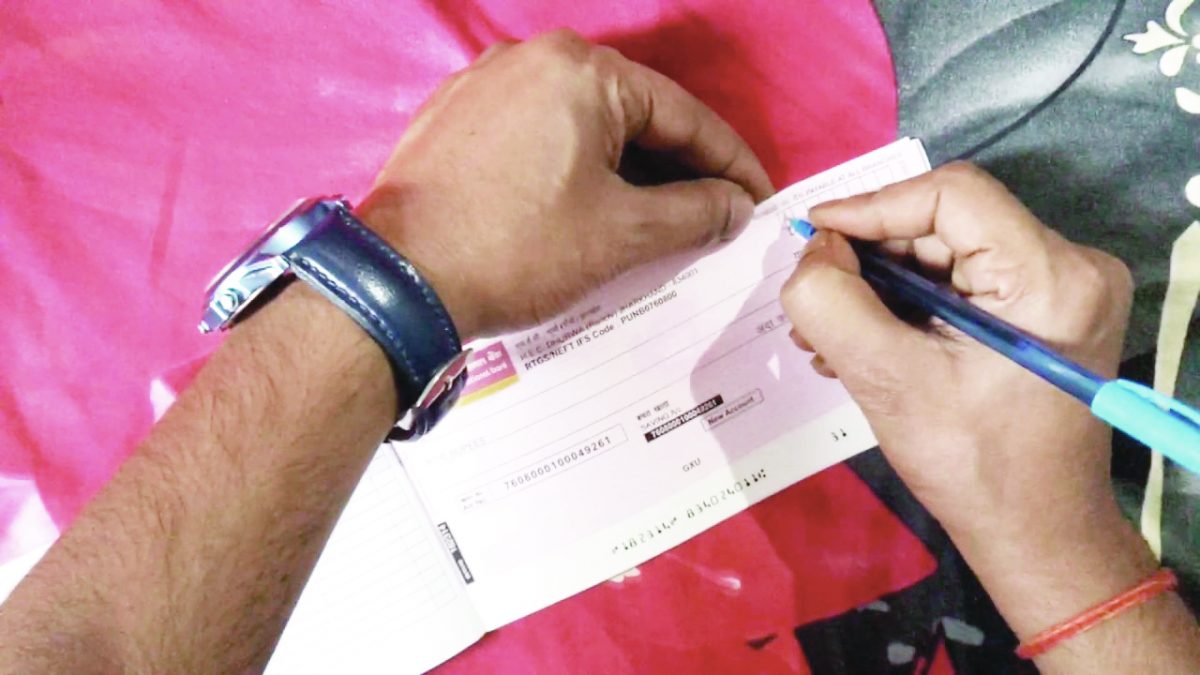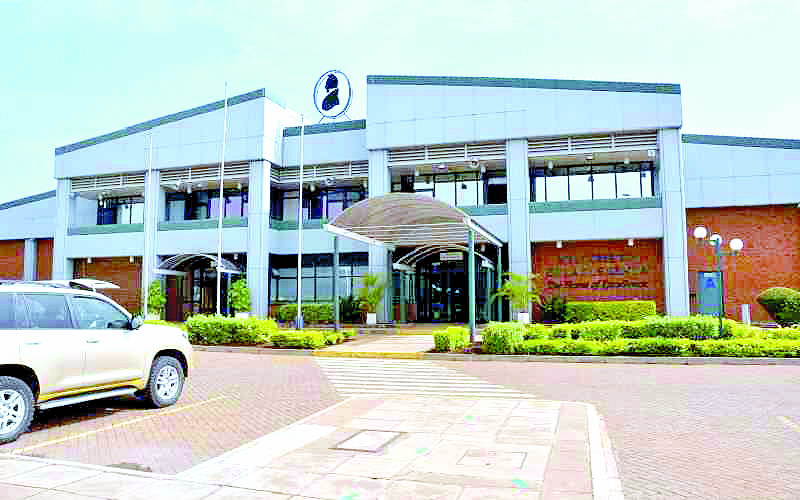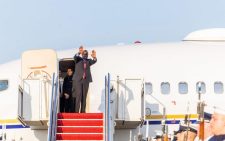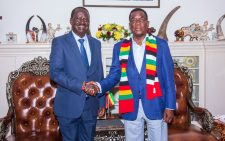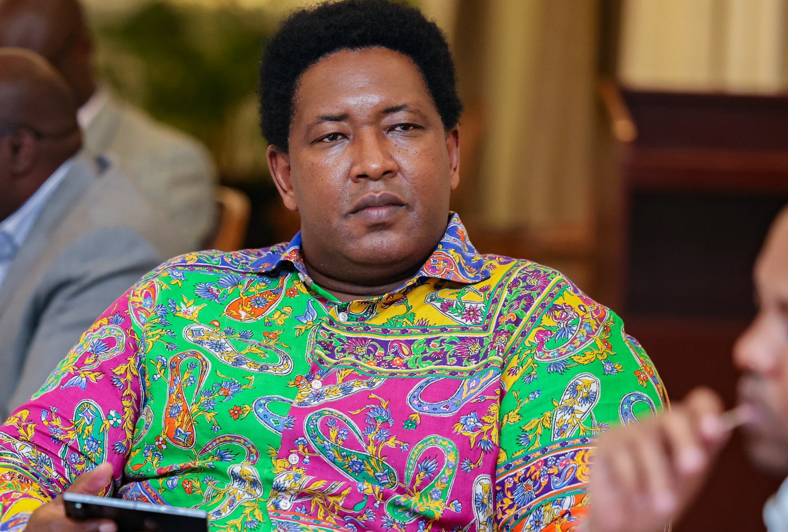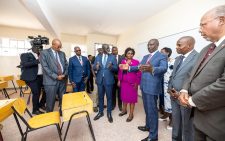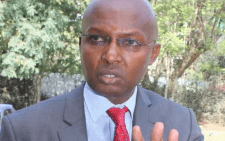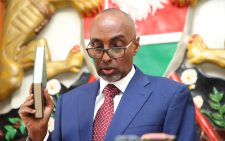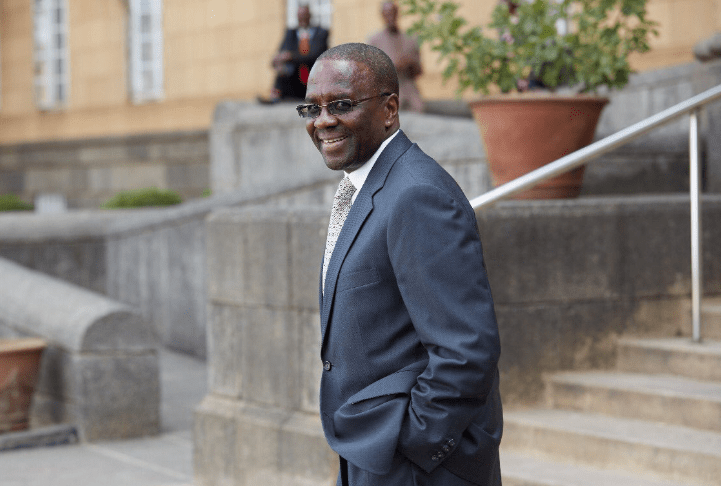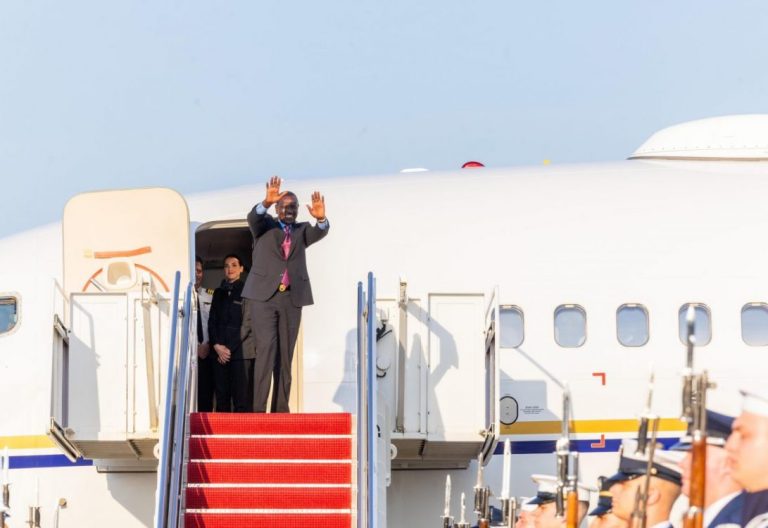MPs take Chebukati to task over high cost of elections
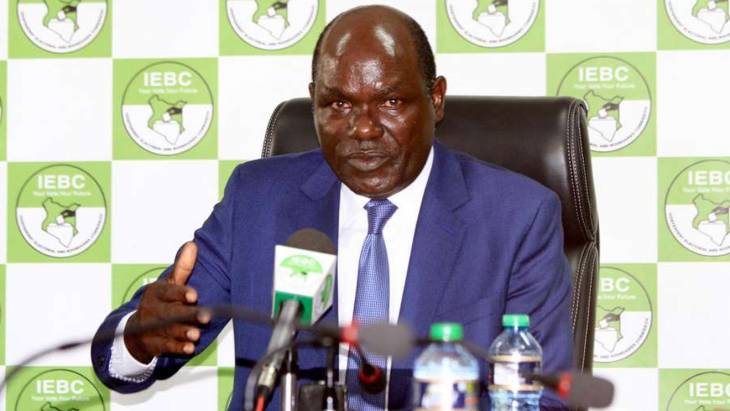
Independent Electoral and Boundaries Commission (IEBC) officials were yesterday pressed to explain glaring queries related to procurement of election materials when they appeared before the National Assembly’s Budget and Appropriations Committee.
Sitting in Mombasa, the Kanini Kega-led committee also sought to know why the cost of Kenyan elections is comparatively high.
Of particular concern to the committee was the huge cost of ballot papers, which the MPs said was too costly for the taxpayer.
“Why is it so costly to procure ballot papers here in Kenya while we can use local solutions?
Why is IEBC not using the spirit of ‘buy Kenya, build Kenya’ to reduce the cost of ballot papers?
Must we procure ballot materials from outside the country while we have De La Rue, which can produce ballot material locally at a lower cost,?” the committee chair asked the IEBC team led by its chairman Wafula Chebukati.
Members of the committee warned that they would not approve additional funding to the commission if it failed to convince Parliament that its use of funds was above board.
“This committee is here to ensure that the taxpayers money is spent wisely and prudently. So you have to convince us, otherwise we are not going to give you any more money,” warned Kega.
Trust issues
But in response, the IEBC team attributed the high cost of conducting elections to mistrust by politicians and the electorate, which they said, forces the commission to insert several security features on the ballot paper.
“It is very true our ballot paper is very expensive because of mistrust issues and we must have lots of security features.
In other countries, a simple paper is enough to become a ballot paper. I have observed in Rwanda, they use simple papers.
But I am sure in Kenya we cannot use such a paper as we might end up having other people reproducing multiple ballot papers which we cannot account for.
ICT cost
“As a result, we are required to procure papers that have security features that we can track.
We would not want to be in a situation where ballot papers are reproduced and we are unable to account for.
That’s why we have to go an extra mile and add security features,” explained Chebukati.
IEBC was also tasked to explain why they were in a hurry to procure ballot material, more than nine months before the August 2022 General Election.
The committee also demanded to know how the commission was advancing with the procurement process despite the financial shortfall.
“How are you proceeding with the procurement? Do you have the funds even with the budget deficit?
Because we know very well you cannot go ahead with procurement if you don’t have the funds, otherwise how are you going to plan?” posed Kega.
The MPs were also concerned about the high cost of the Information Communication Technology required to administer the General Election, noting that in 2017, the commission spent Sh5.7 billion on the equipment while in next year’s election, the Commission projects to spend around Sh5.3 billion.
“Why is the cost of ICT not reduced? Are you starting the ICT systems afresh?”
But Chebukati explained that the commission needed to engage a company with capacity to deliver election material on time.
“This is a very complex election. We have six elective posts and 53,000 polling stations, and therefore it is good to prepare early.
We are therefore looking for a company that has the capacity to deliver material directly to each polling station without any confusion.
This is why we need to incur all these expenses. It will be a nightmare for us if we even try to split the ballot papers,” he said.
